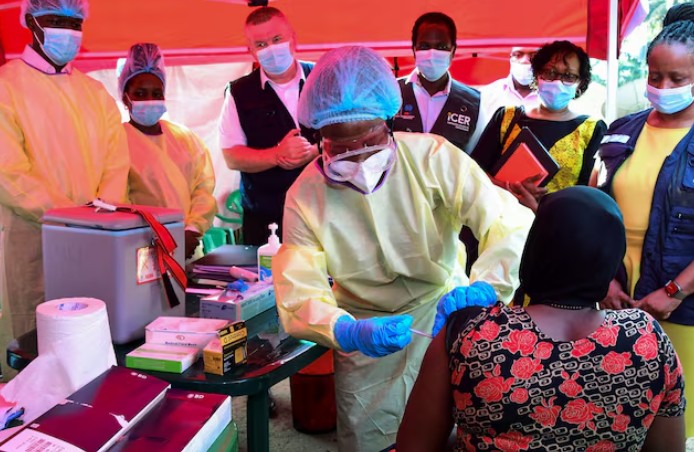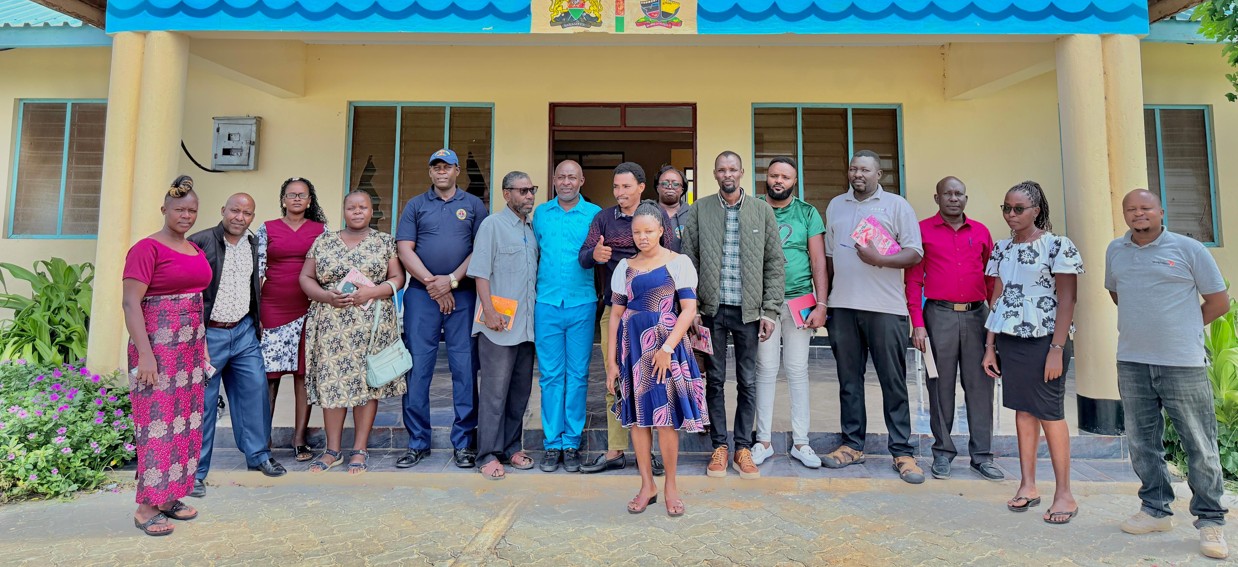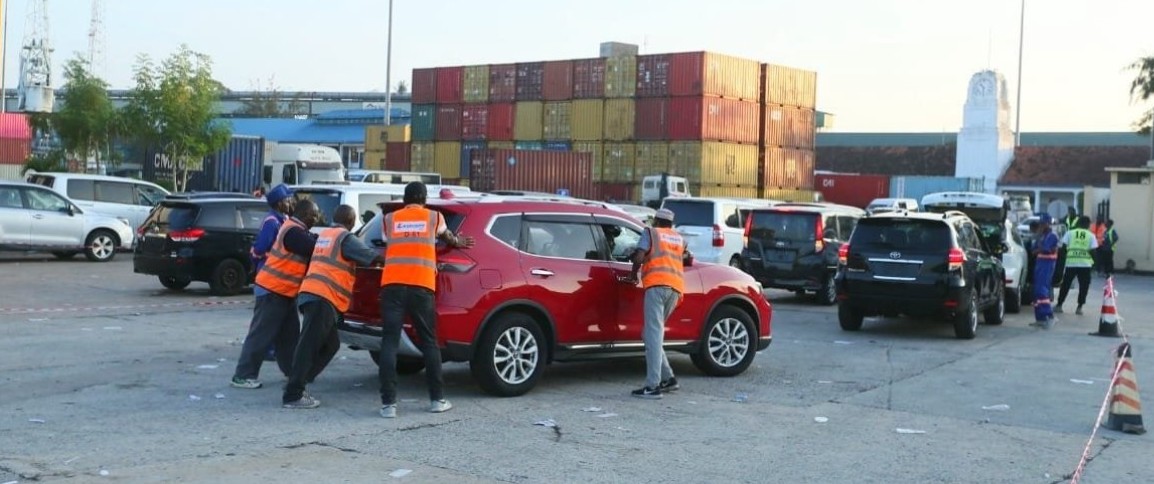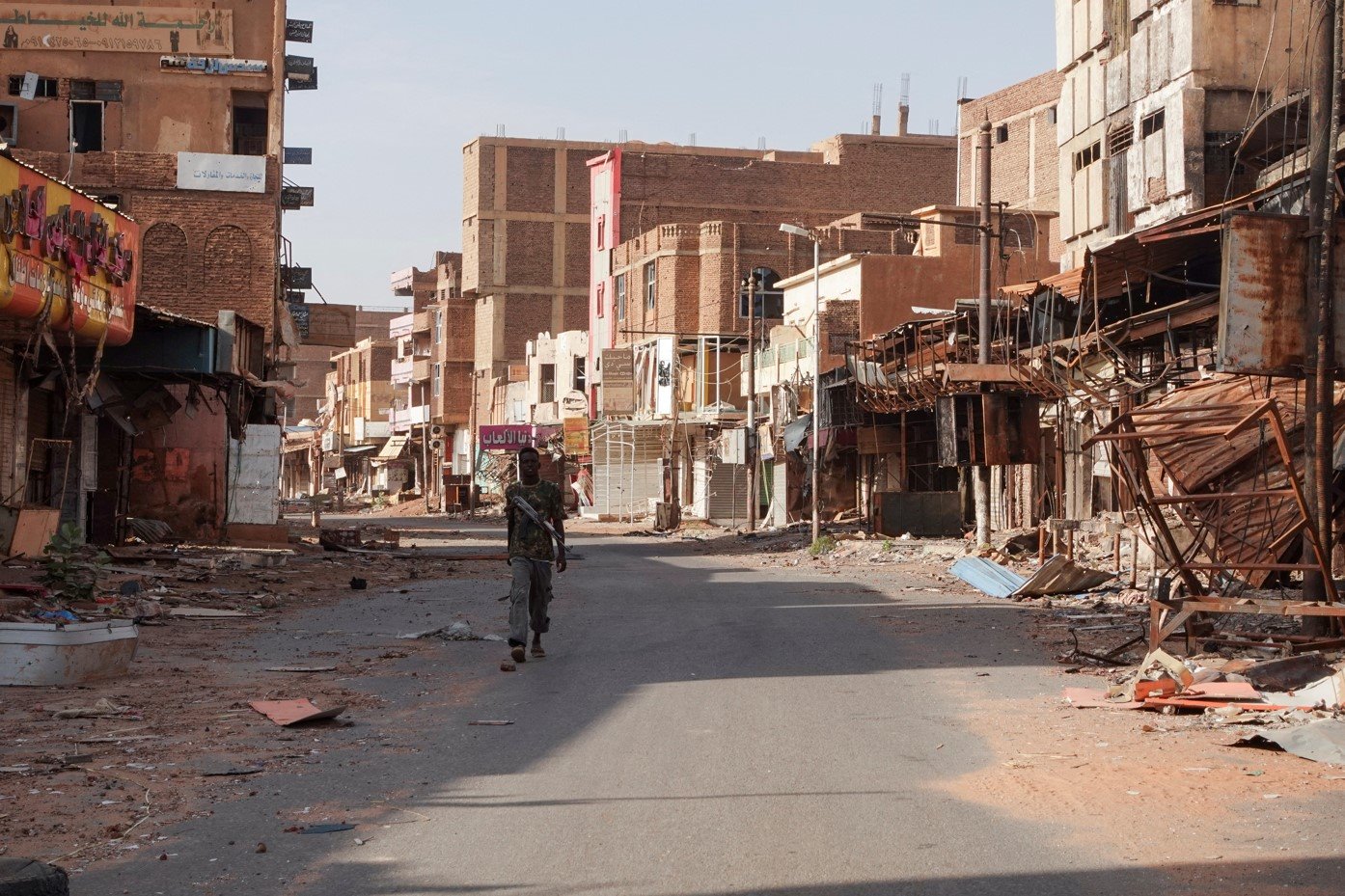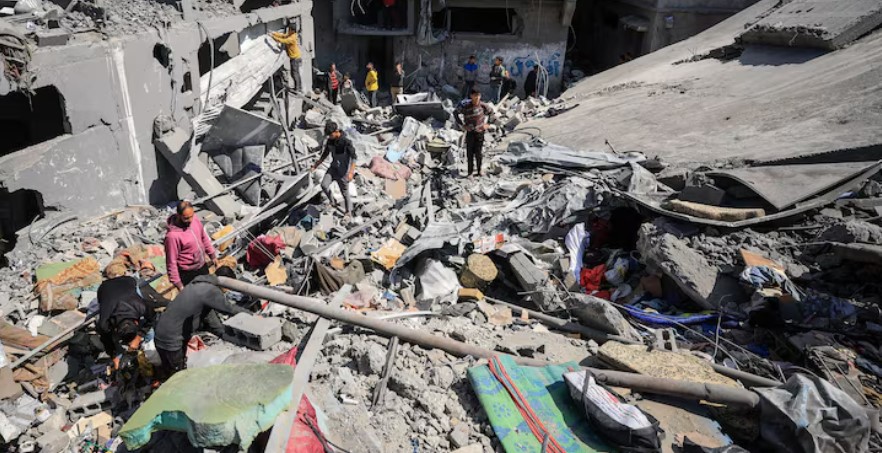Over 5,000 Tigray returnees face food insecurity, shortage of medicine and destroyed homes
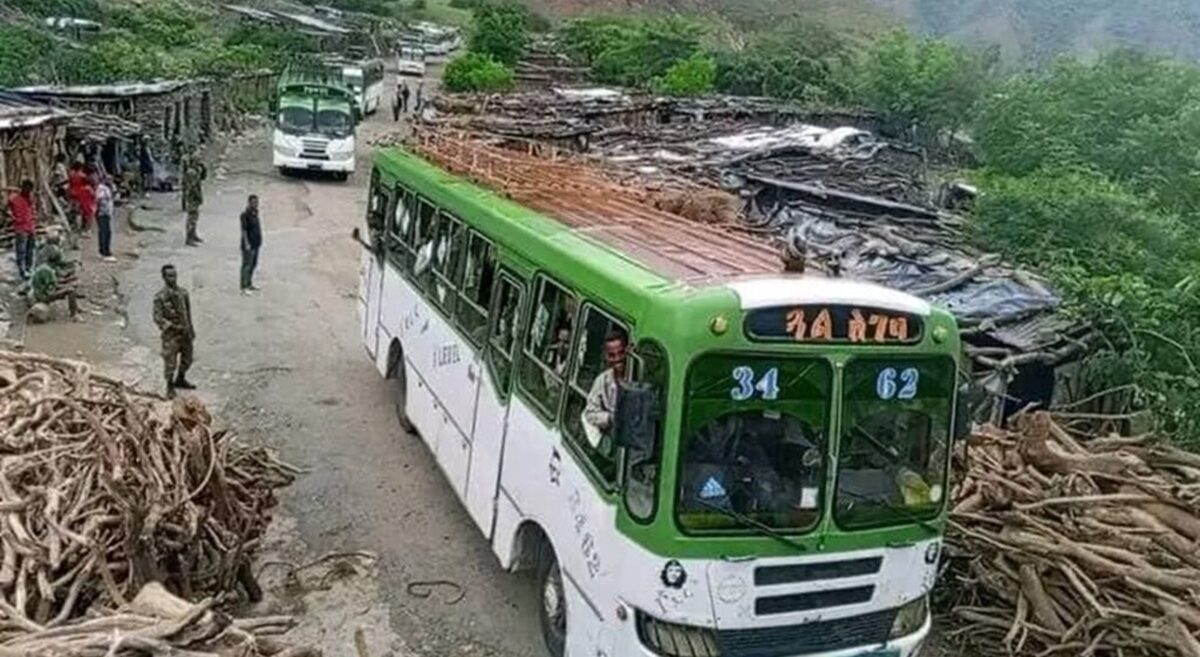
For many of the returnees, the long-anticipated journey back home has turned into a nightmare. They have found their homes reduced to rubble, their livelihoods erased, and their communities struggling to cope with the aftermath of war.
In early July 2024, over 18 months after the signing of the Pretoria Peace Agreement in November 2022, a significant event unfolded in the Tigray region of Ethiopia.
The first group of 456 internally displaced persons (IDPs) returned to their villages in the Tselemti district, located in the Northwestern Zone of Tigray. Days later, an additional 2,200 IDPs returned, marking a crucial milestone in the phased resettlement process.
More To Read
- Turkana communities empowered to embrace home-grown foods to tackle malnutrition
- Mpox continues to spread in Africa, with 18 countries reporting active transmission
- Ethiopia unlocks banking sector to foreign investors in landmark reform
- Mount Ziquala monastery attack sparks conflicting claims as OLA denies involvement, blames gov’t strategy to rekindle tensions
- WFP to close Shire office, home to largest IDP population in Tigray; cites budget, operational restructuring
- Dr Daniel Fentaneh, senior leader in Ethiopian health professionals movement, detained in Bahir Dar
By the end of July, nearly 5,000 IDPs had made their way back to Northwestern Tigray, resettling in May in Tsebir town and other locations within the Tselemti district, according to regional media reports. However, the return of these displaced individuals, while hopeful, has revealed the harsh realities they now face upon arriving in their home villages.
The returnees have encountered extreme hardship as they struggle to rebuild their lives after the devastation. Deprived of basic necessities, the challenges they face in restarting their lives are immense. The conditions they find themselves in are nearly as precarious as those they left behind in overcrowded displacement camps.
The stories emerging from Tselemti paint a bleak picture. Homes that once stood firm now lie in ruins; livelihoods have been obliterated, and insecurity continues to be a constant threat. The severe lack of resources and infrastructure in the area exacerbates the burden of reconstruction.
Embaye Tamiru, a returnee who spoke to the Addis Standard under a pseudonym for security reasons, discussed the challenges faced by those returning. He noted that despite efforts by the Ethiopian National Defence Force to stabilise the area, gaps in governance and a lack of essential services are hindering the community's recovery.
"Significant gaps in administrative and service delivery have persisted, hindering the recovery efforts of the returnees," he said.
Embaye highlighted the stark contrast between the warm welcome they received upon their return and the overwhelming difficulties they now face in rebuilding. The initial aid provided was insufficient, and many returnees arrived with little more than the clothes on their backs. They returned to find their homes destroyed and their belongings looted, leaving them with virtually nothing.
Another returnee, Guesh Dessale, painted a more grim assessment of the situation. Guesh Dessale described the region's healthcare system's collapse as beset by internal divisions and a dire shortage of essential medications and supplies. This has led to tragic outcomes, including the loss of life from preventable diseases.
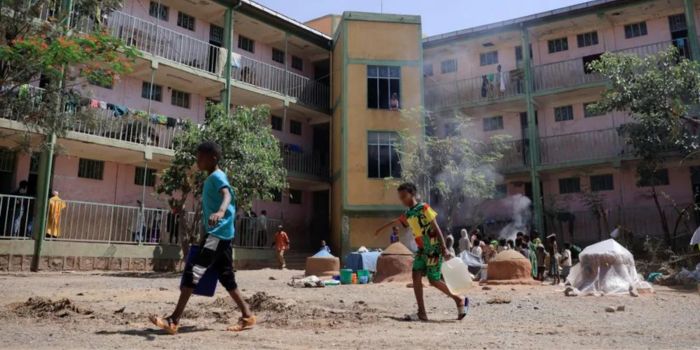 Children are pictured at the Abi Adi camp for Internally Displaced Persons in Ethiopia's northern Tigray region. (Photo: Tiksa Negeri/Reuters)
Children are pictured at the Abi Adi camp for Internally Displaced Persons in Ethiopia's northern Tigray region. (Photo: Tiksa Negeri/Reuters)
Guesh expressed deep concern for the IDPs who have returned from areas such as Tselemti, Maytsebri, Raya Ofla, and Raya Alamata within the last three months. He emphasised that these returnees are now trapped in a humanitarian crisis, having been abruptly relocated without proper consideration of the conditions they would face upon their return.
"The returnees to Tselemti have endured the most dire circumstances," he noted.
For many of the returnees, the long-anticipated journey back home has turned into a nightmare. They have found their homes reduced to rubble, their livelihoods erased, and their communities struggling to cope with the aftermath of war. The acute shortages of food, water, and shelter have created a humanitarian crisis of unprecedented scale.
Humanitarian aid has been slow to arrive, and the situation in Tigray is rapidly deteriorating. The returnees describe their circumstances as a living nightmare, characterised by hunger, disease, and an overwhelming struggle for survival. Healthcare services have collapsed, destroying the foundations of their lives.
Guesh emphasised the devastating impact of preventable diseases, which have swept through the community, particularly affecting children who are already suffering from malnutrition. The lack of medical supplies and the collapse of healthcare infrastructure have only exacerbated the crisis.
Once vibrant communities in Tselemti have now been reduced to ghost towns, haunted by ongoing human suffering. Food insecurity is rampant, as crop devastation, livestock loss, and insufficient aid push families to the brink of starvation. The returnees are finding it nearly impossible to rebuild their lives in such dire conditions.
"This medical crisis has resulted in an unprecedented loss of life as countless individuals succumb to preventable illnesses," he said.
Another returnee from South Tigray, who wished to remain anonymous, echoed these concerns. While some returnees have received limited assistance, the majority are facing a sea of uncertainty and hardship. Many of those who returned to their destroyed homes have yet to receive the promised financial aid, leaving them in a precarious situation.
The returnees also expressed frustration with the current administration in Western Tigray, which they claim is complicating the safe return of IDPs and refugees. There are growing calls for international pressure on the Ethiopian government to facilitate the return of displaced Tigrayans and to ensure that their basic needs are met.
In the Tselemti district, the situation remains dire for both long-term residents and recent returnees. They find themselves cut off from the rest of the region, deprived of essential aid, medical supplies, and basic necessities. As the crisis deepens, the returnees are left to navigate an uncertain future, with the hope of rebuilding their lives overshadowed by the immense challenges they face.
Top Stories Today




